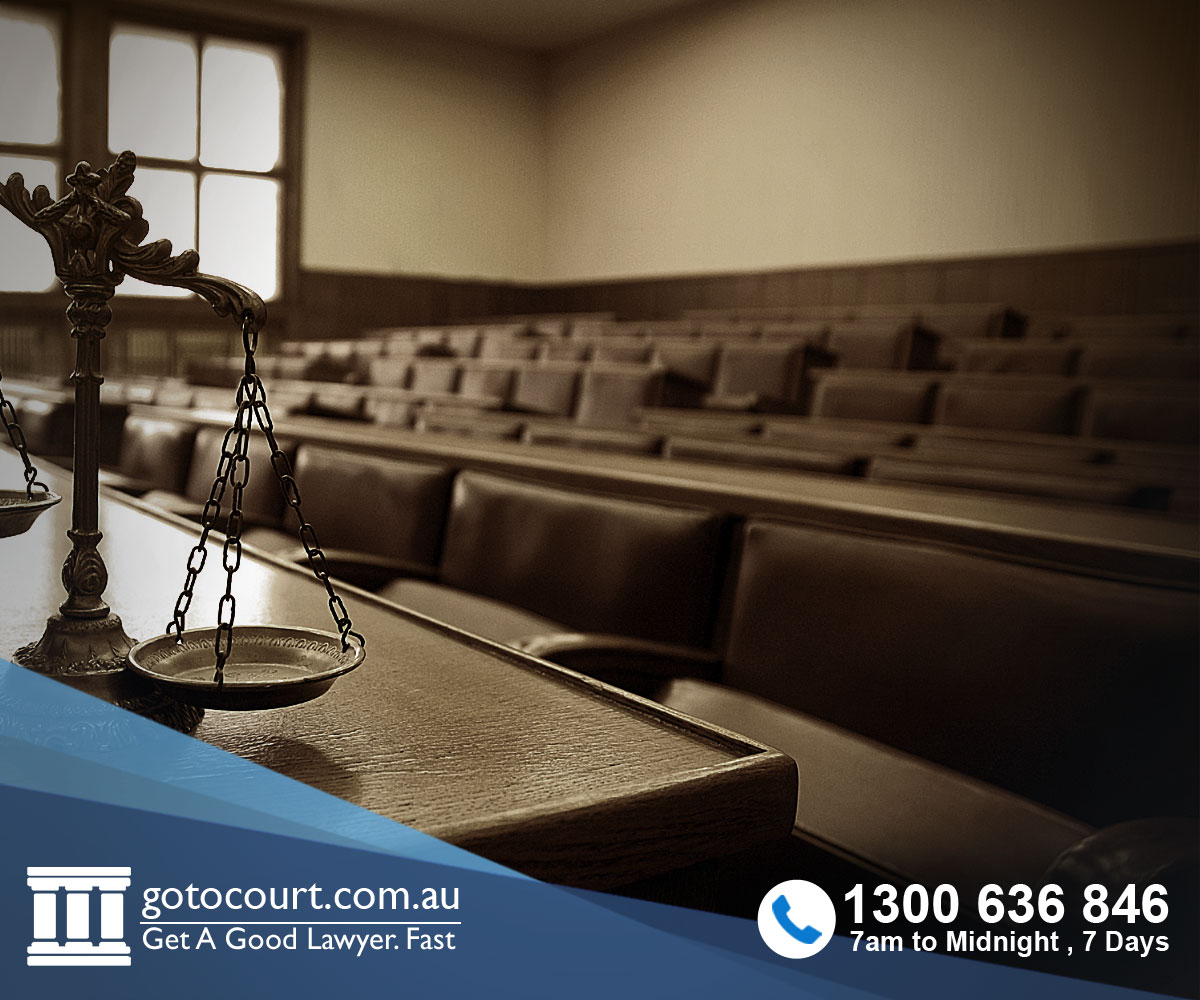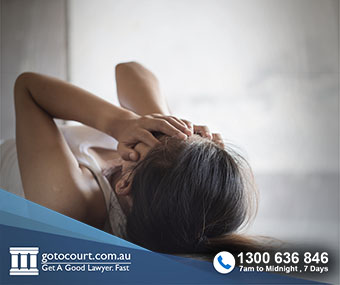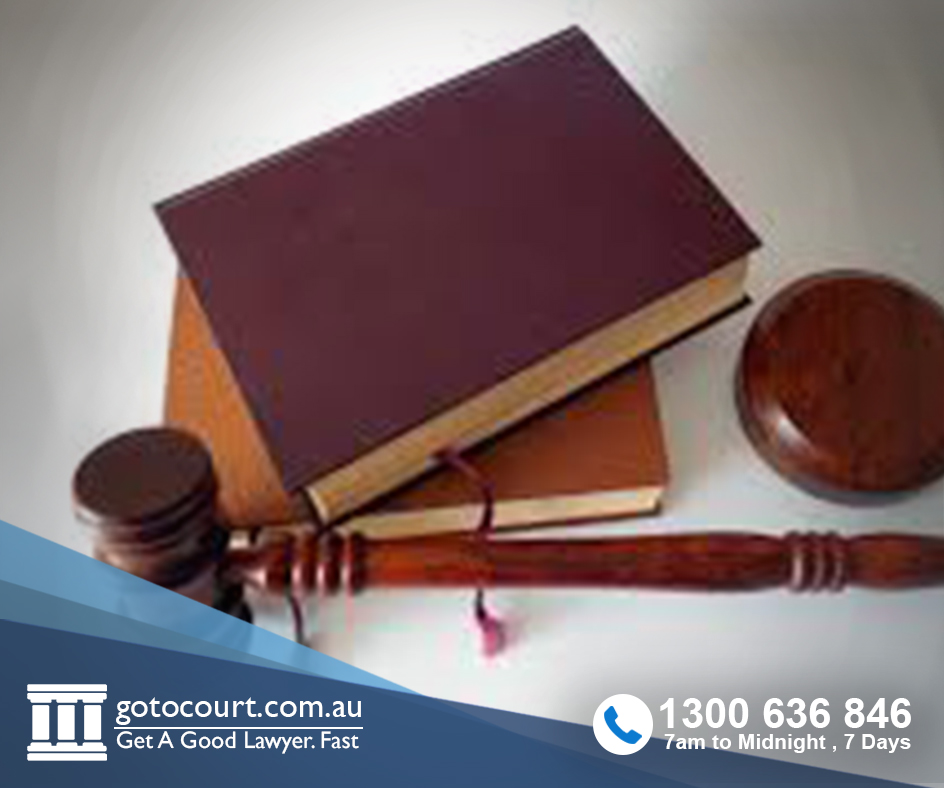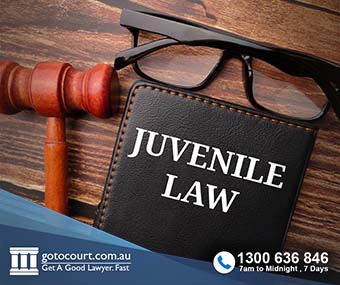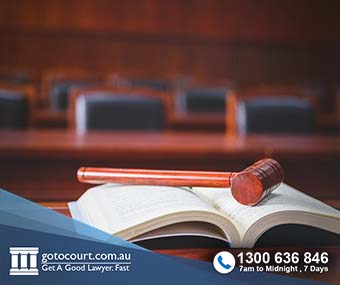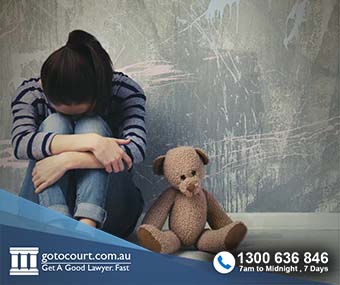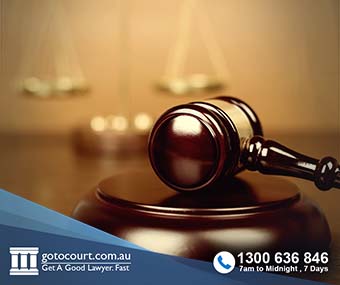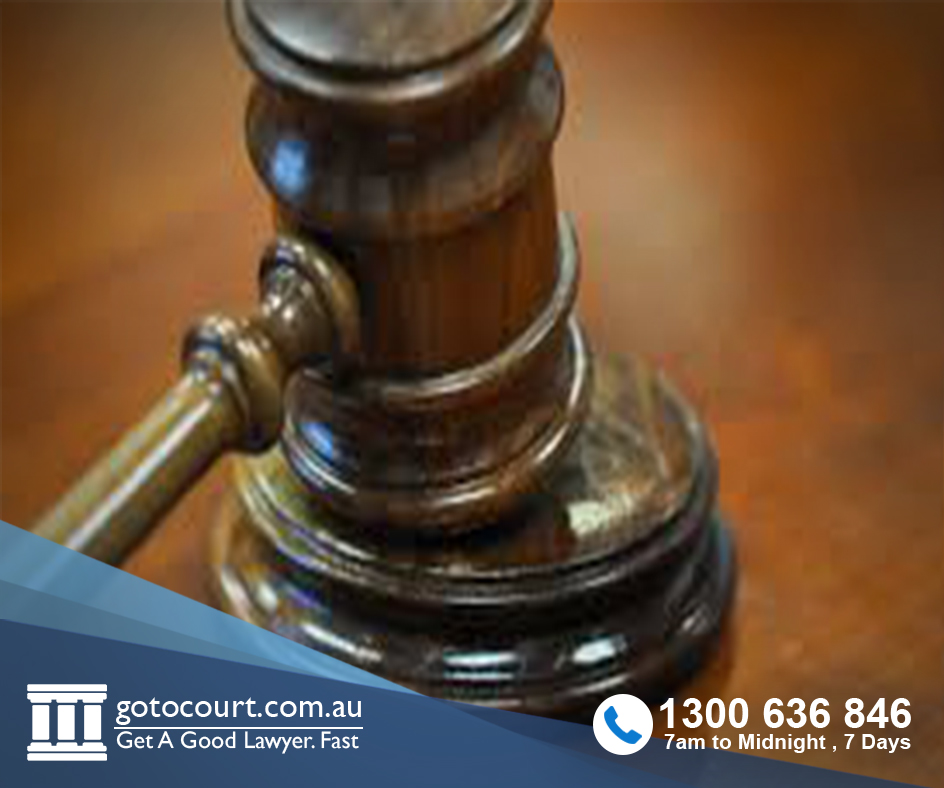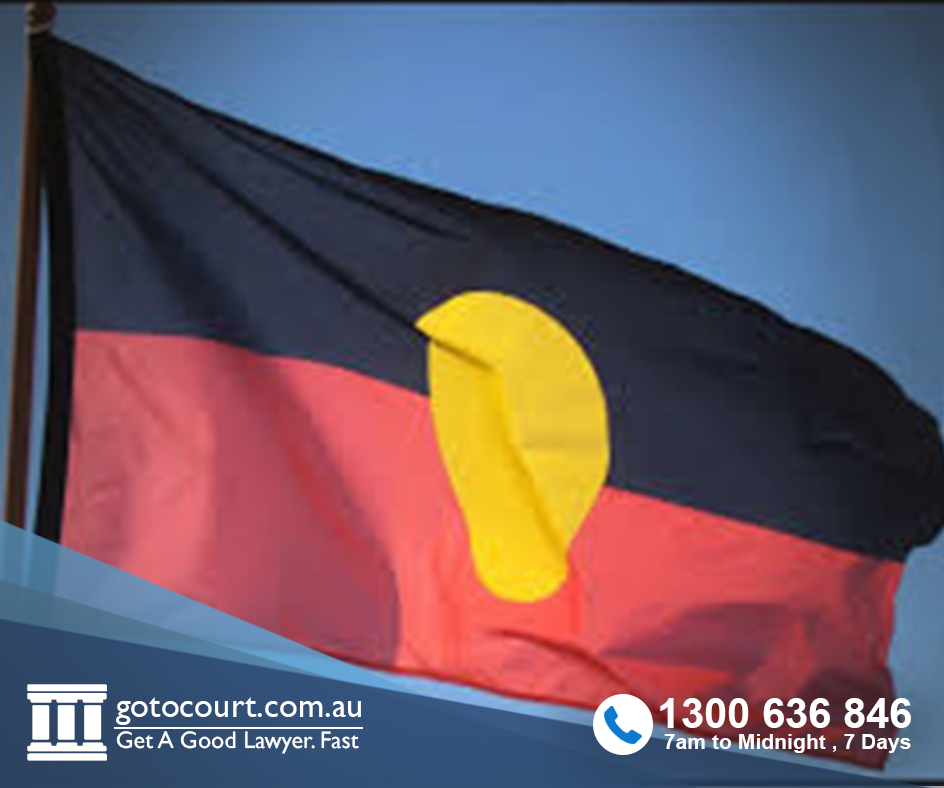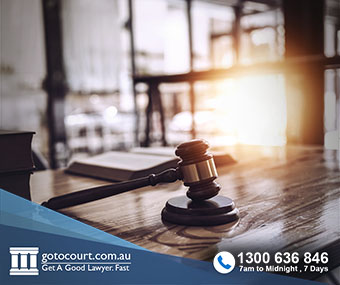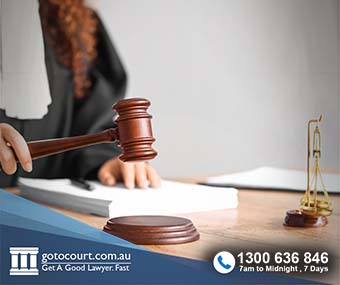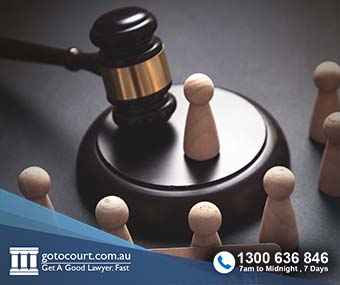Call our lawyers
now
or,
have our lawyers
call you
What is a Contested Hearing? (Qld)
Updated on Nov 02, 2022 • 5 min read • 1638 views • Copy Link
What is a Contested Hearing? (Qld)
When a person is charged with a criminal offence, they have two options. They can either plead guilty to the offence and proceed to sentencing or plead not guilty and proceed to a contested hearing. This page will provide some insight into what is involved in a contested hearing.
Pleas in mitigation
When any criminal matter commences, the accused is given a first mention date in the Magistrates Court closest to where the offence allegedly occurred. If the matter is a minor matter (such as a traffic offence), the accused can plead guilty and finalise the matter on the first occasion by way of a guilty plea. If the matter is more serious but can still be dealt with in the Magistrates Court, the matter may be listed for a plea in mitigation at a later date.
Contested hearings
Should an accused wish to plead not guilty to a summary offence, the matter must be listed for a contested hearing. A contested hearing in a summary matter is a hearing in front of a Magistrate. Indictable matters must be tried before a Judge and Jury in the District or Supreme Court.
The contested hearing consists of the court hearing evidence from both the prosecution and defence and a decision is made as to whether the prosecution has succeeded in proving the accused guilty beyond a reasonable doubt. If there is a reasonable doubt, the person must be found not guilty.
Enter a plea
Before a matter is listed for a contested hearing, the accused must appear in court and enter a plea of not guilty. This is formally telling the court that the accused is pleading not guilty. The Magistrate will then make an order for the prosecution to provide a Brief of Evidence to the Defence by a certain date.
Brief of evidence
A brief of evidence is the evidence that the police say proves that the accused committed the offence. The brief usually includes witness statements, the electronic record of interview (if one was conducted), any footage of the alleged incident, statements from police involved in the investigation, and so on. An accused should always get legal advice on the brief of evidence prior to going to the hearing. If the case against the accused is strong, a lawyer may advise him or her to plead guilty and take advantage of the resulting sentencing discount. The penalty imposed if an accused is found guilty of the offence after trial is usually harsher than had a plea of guilty been entered at an early stage.
Indictable matters
If a matter is indicatable then it must be committed to a higher court. Indicatable matters are the most serious offences such as drug supply and trafficking offences, rape, murder and assaults that have resulted in serious injuries. Indicatable matters are heard in the District Court of Queensland or Supreme Court of Queensland.
What happens at a contested hearing?
The contested hearing will be opened by the prosecution as they have the onus to prove that the accused committed the offence. A contested hearing can occur without the defence calling any evidence, as the prosecution is the party which must prove its case.
Evidence
Each of the prosecution witnesses will give evidence through examination-in-chief. Examination in chief is the process of eliciting evidence from a party’s own witness. The prosecution case commonly includes the alleged victim, police officers who dealt with the matter, any CCTV footage, text messages and so on. The defence lawyer will then cross-examine the prosecution witnesses. This is the process whereby the defence interrogates the witnesses in an attempt to expose weaknesses in the prosecution case.
Once the prosecution has led all of its evidence, it will close its case. The accused then has the option to give evidence and to call defence witnesses. If the accused gives evidence, the defence lawyer will open its case to the Magistrate or Jury. This often includes a summary of their client’s case. Each of the defence witnesses would then give evidence. The defence lawyer would elicit the examination in chief from their witnesses, and the prosecution would cross-examine the witnesses. Once all the defence witnesses have given evidence, the defence closes its case.
Submissions
Both the prosecution and defence will then make submissions, summing up the evidence the court has heard and how it supports their case. If the accused gave evidence, the defence will make its submissions first. If the accused did not give any evidence, the prosecution will make submissions first.
Verdict
In criminal matters, the onus of proof lies on the prosecution, unless that onus is reversed by the advancement of a defence. The prosecution must prove beyond reasonable doubt that the accused committed the offence alleged, and that they had no lawful reason for doing so. Essentially, if there is a reasonable doubt that the accused committed the offence, they must be acquitted.
In Magistrates Court matters, the Magistrate will give the verdict on the matter. They may deliver the verdict at the end of the contested hearing or they may reserve the decision and hand it down at a later date.
In the District or Supreme Court, the jury will retire to consider their verdict. A jury must reach a unanimous decision. That means that all twelve jurors must agree on whether the accused is guilty or not guilty of each offence.
If the final verdict by the Magistrate or Jury is that the accused is not guilty of the offence alleged, the accused is acquitted. If the final verdict is one of guilty, the accused is sentenced for the offence. This usually happens immediately after the verdict has been given.
If you require legal advice or representation in a criminal matter or in any other legal matter, please contact Go To Court Lawyers.

Affordable Lawyers
Our Go To Court Lawyers will assist you in all areas of law. We specialise in providing legal advice urgently – at the time when you need it most. If you need a lawyer right now, today, we can help you – no matter where you are in Australia.How It Works







1. You speak directly to a lawyer
When you call the Go To Court Legal Hotline, you will be connected directly to a lawyer, every time.


2. Get your legal situation assessed
We determine the best way forward in your legal matter, free of charge. If you want to go ahead and book a face-to-face appointment, we will connect you with a specialist in your local area.


3. We arrange everything as needed
If you want to go ahead and book a fact-to-face appointment, we will connect you with a specialist in your local area no matter where you are and even at very short notice.


